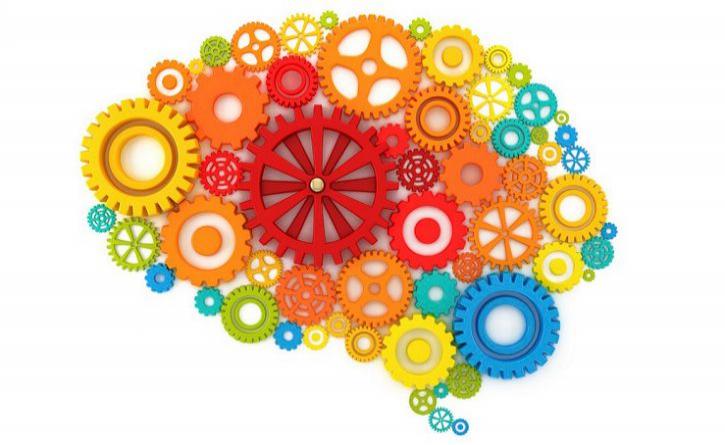Sexuality is a fundamental aspect of human identity, encompassing a range of feelings, attractions, behaviors, and relationships. It’s a complex interplay of biological, psychological, and social factors that shape how individuals experience and express themselves sexually. Understanding sexuality is crucial not only for personal growth and relationships but also for mental health and well-being. In this article, we’ll explore what sexuality entails and delve into its profound connection with mental health.
Defining Sexuality

Sexuality is more than just the act of sexual intercourse; it encompasses a broad spectrum of experiences, desires, and orientations. It includes sexual orientation, which refers to a person’s emotional, romantic, and sexual attractions to others, whether it’s towards individuals of the same gender (homosexuality), opposite gender (heterosexuality), or multiple genders (bisexuality, pansexuality). Gender identity, another component of sexuality, pertains to how individuals perceive and experience their own gender, which may or may not align with their assigned sex at birth. Many women even try therapy for women to understand their orientation and gender identity.
The Impact of Social and Cultural Factors
Social and cultural influences play a significant role in shaping one’s understanding and expression of sexuality. Attitudes, norms, and expectations surrounding sexuality vary across different societies and can profoundly impact individuals’ self-perception and acceptance. Stigma, discrimination, and lack of societal acceptance towards non-normative sexual orientations or gender identities can lead to feelings of shame, isolation, and psychological distress, adversely affecting mental health. So, if you ask yourself how to explore your queerness without hurting anyone’s feelings or some related questions, remember that self-discovery is a deeply personal journey. Be curious, seek out supportive communities, and engage in honest conversations with friends or professionals you trust.
Sexuality and Mental Health

Sexuality and mental health are closely intertwined, with each exerting considerable influence on the other. Positive sexual experiences and healthy sexual relationships can contribute to overall well-being by enhancing self-esteem, fostering intimacy, and reducing stress. Conversely, sexual difficulties, dissatisfaction, or conflicts within relationships can exacerbate mental health issues such as anxiety, depression, and low self-esteem. Additionally, individuals grappling with internalized stigma or shame related to their sexuality may experience heightened psychological distress.
Sexual Health and Well-Being
Sexual health encompasses more than the absence of disease; it encompasses the physical, emotional, mental, and social aspects of sexuality. Sexual health promotion involves promoting respectful and consensual sexual relationships, addressing sexual problems or dysfunctions, and providing access to comprehensive sexuality education and health services. Open communication, mutual respect, and understanding of one’s own and others’ boundaries are essential.
Seeking Support and Resources
If you’re struggling with issues related to sexuality or experiencing mental health challenges, know that you’re not alone, and help is available. Seeking support from trusted friends, family members, or mental health professionals can provide valuable guidance, validation, and resources to navigate these complexities. Online forums, support groups, and LGBTQ+ organizations offer safe spaces for individuals to share their experiences, find solidarity, and access information on sexuality, mental health, and community resources.
Understanding sexuality is essential to developing healthy relationships, fostering self-acceptance, and promoting mental well-being. By recognizing the relationship between sexuality and mental health, we can work to create inclusive, positive environments. They can give people the opportunity to accept their true selves and live a full life.
